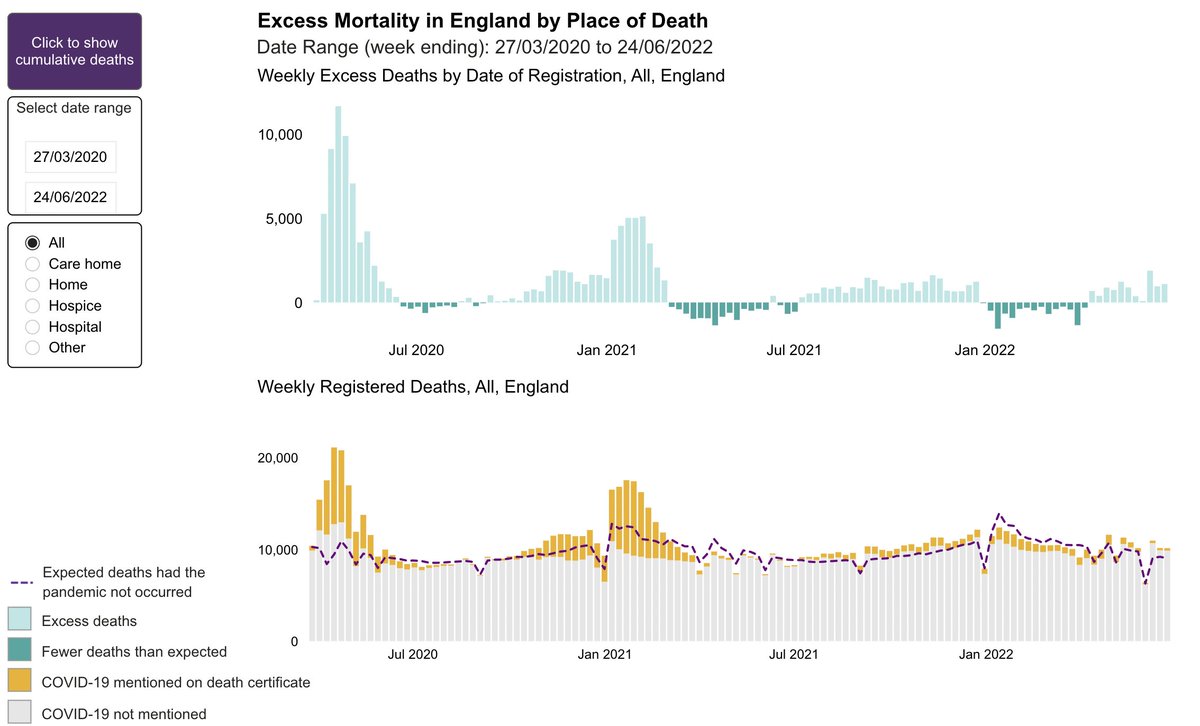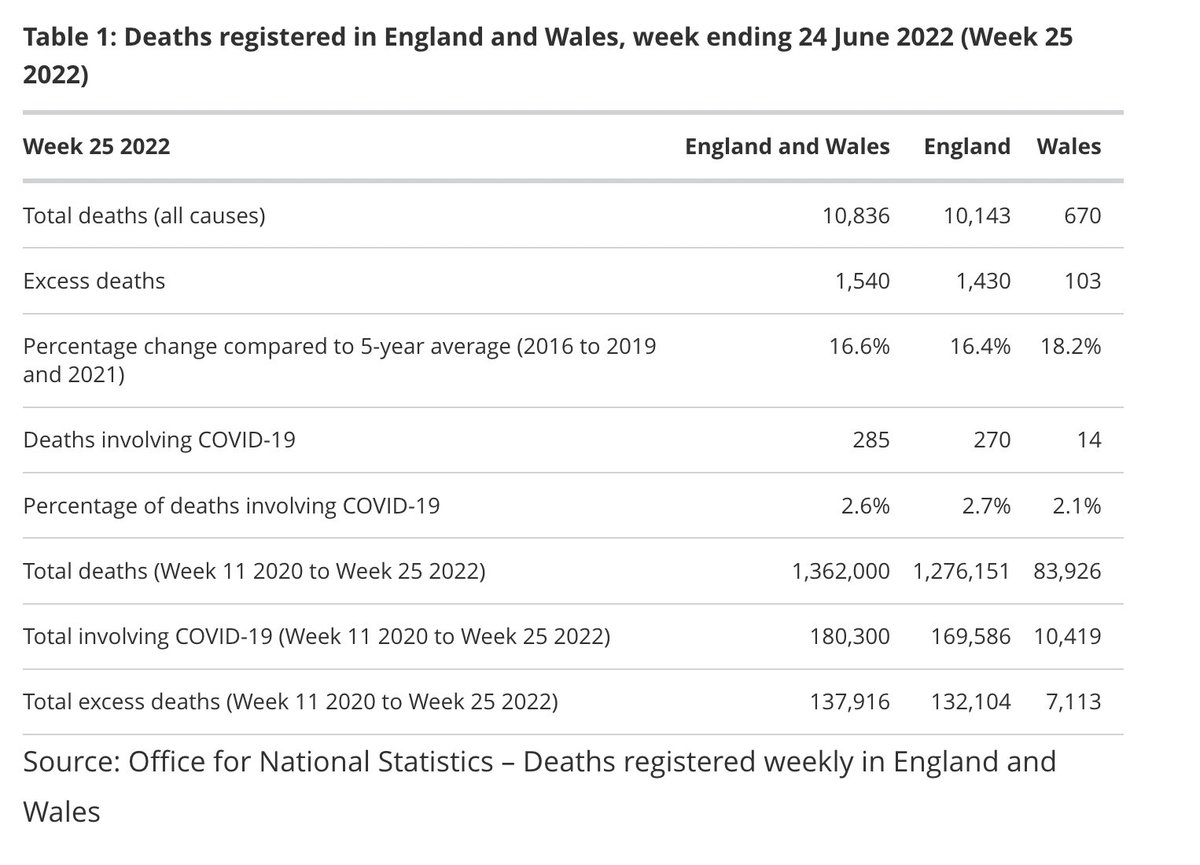
I'm finding these takes quite bizarre. Let's be clear- the VA study *did not* show that re-infections were more severe than primary infections. It *did show* that impact of re-infections was cumulative - i.e. acute+long-term sequelae worse if you have 2,3,4 vs 1 infection only. 

I don't get why we'd only be worried about re-infections if they were worse than primary infections? Wouldn't we be worried even if they weren't worse but had a cumulative impact - given the number of times we're likely to be exposed in a lifetime?
Isn't this just basic public health? You don't need your 2nd, 3rd, 4th risk to be higher than the 1st to affect your health if each one holds cumulative risk, and you'll be infected repeatedly in your lifetime. Cumulative risks still v. concerning- because they add up!
There is no inconsistency between the recent Qatar study and the VA study, so not sure why its being presented like this. The Qatar study doesn't look at long term sequelae- it just shows that pre-omicron protection against re-infection was reasonably good. We know this.
The VA study showed that even with vaccination, impacts of re-infection are cumulative. So even if your 2nd infection is likely to be less severe than the 1st, each infection still adds risk over your lifetime, so it matters. So we should try to prevent this.
• • •
Missing some Tweet in this thread? You can try to
force a refresh





